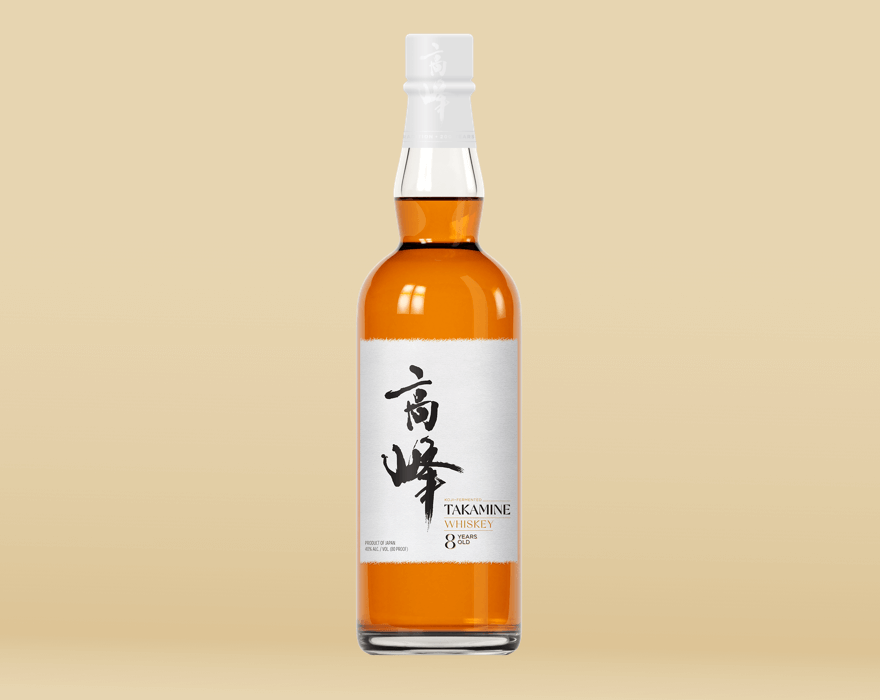Kaiyo Cask Strength Whisky
Pop quiz: how many of you have heard the term “teaspooning”? I should really put that to an Instagram poll. Teaspooning is when you take what would otherwise qualify as a single malt and “teaspoon” in some whisky from another distillery. The actual amount doesn’t matter - just that tiny bit of additional whisky eliminates the single malt designation.
So why would a whisky company not want “single malt” on the label? Single malt is popular and still rising in price, whether Scottish or Japanese or insert-country-here. Well, here’s the thing…it’s not always about the designation, and there are other ways to make money on whisky without calling it a single malt.
Teaspooning can occur at any point in the process, from mixing it into the new make to adding just prior to bottling. The biggest beneficiaries of this method are independent bottlers, who can then bottle under their own brands without the single malt label. A well-known example of this is Burnside, which is nearly all Balvenie distillate but has a dash of Glenfiddich, meaning no bottling can be called a Balvenie single malt but can be sold under a different label.
For Kaiyo, their whisky is teaspooned at the new make stage - their new make comes from one distillery, with just a bit added from another after distillation but before any aging. It’s not known from which distillery Kaiyo gets their distillate, but all aging is done by Kaiyo.
The Kaiyo Cask Strength is contradictory in many ways - it doesn’t say “Japanese whisky” anywhere on the label, yet it is distilled and aged in Japan. They use mizunara casks to age all of their spirit, an expensive but unique touch that differentiates the core Kaiyo line. It’s a cask-strength whisky when, even now, most Japanese whiskies stay around the 86º range. Almost all aging happens in Japan, but Kaiyo finishes the aging on a boat in open ocean (Kaiyo in fact translates to ‘ocean’). Could they have gotten away with still calling it a Japanese whisky? Probably, but by omitting that from the label Kaiyo takes away the potential fine.
So what’s the big takeaway here? Kaiyo will likely drive crazy those who need to know exactly where every drop of whisky comes from. In the meantime, it’s a fantastic expression of how mizunara oak affects whisky when it’s used for the entire aging process, not just a finishing.
Kaiyo Cask Strength: Specs
Classification: Japanese Whisky
Origin: Unknown
Mashbill: 100% Malted Barley
Proof: 106 (53% ABV)
Age: NAS
Location: Tokushima Prefecture, Japan (Eastern Shikoku)
Kaiyo Cask Strength Price: $95
Kaiyo Cask Strength: Tasting Notes
Eye: Orange blossom honey. Medium rim holds slow dripping legs.
Nose: Super fruity nose. Some mizunara pepperiness and sandalwood comes through with cocoa powder.
Palate: Stone fruit and proof heat. The heat dissipates fairly quickly, blending into plums and tart red fruits dipped in dark chocolate. More chocolate and vanilla open as I sip. Mouthfeel was mildly filling and coating, particularly the chocolate notes.
Finish: Fruity and chocolatey, not much oak on the finish.
Overall: Surprisingly, the mizunara is not as prominent as I thought. That’s not to say it’s not there - it is, it’s just not the star, hence why I think this is a great way to show its influence. Cherry chocolate and stone fruits just keep coming on this one.
Final Rating: 7.6
10 | Insurpassable | Nothing Else Comes Close (Blanton’s Straight from the Barrel)
9 | Incredible | Extraordinary (GTS, Elijah Craig Barrel Proof B518 and B520)
8 | Excellent | Exceptional (12+YO MGP Bourbon, Highland Park Single Barrels)
7 | Great | Well above average (Blanton’s Original, Old Weller Antique, Booker’s)
6 | Very Good | Better than average (Four Roses Small Batch Select, Knob Creek 14+ YO Picks)
5 | Good | Good, solid, ordinary (Elijah Craig Small Batch, Buffalo Trace, Old Grand-Dad Bottled-in-Bond)
4 | Sub-par | Many things I’d rather have (A.D. Laws Four Grain, Compass Box “Oak Cross”)
3 | Bad | Flawed (Iron Smoke Bourbon, Balcones)
2 | Poor | Forced myself to drink it (Buckshee Bourbon and Rye)
1 | Disgusting | Drain pour (Virginia Distilling Co. Cider Cask)










